
If you’re thinking of selling your car, whether to upgrade or clear some space, having the right documents in place is critical for a smooth, legal transaction. In South Africa, selling a car privately means taking extra steps to ensure everything is in order before handing over the keys. Organising the necessary paperwork, like your proof of identity and the roadworthy certificate, will not only protect you legally but also streamline the process.
Key Takeaways
- Preparation Is Key: Make sure you’ve got all required documents ready. Apart from the basics like your ID and proof of ownership, it’s a good idea to have the vehicle’s full service history available. This will add transparency to the deal and instil confidence in potential buyers.
- Selling Options: While private sales might seem straightforward, it’s worth considering alternatives such as trade-ins, wholesaler sales, or auctions. These options can help mitigate risks like fraud or unpaid funds, although they might offer a lower sale price than a private deal.
- Rights and Responsibilities: As a seller, you’re legally required to disclose any faults in the vehicle. Keeping clear records of all communication and signed agreements is crucial in case of post-sale disputes. Being upfront about the car’s condition also enhances trust, which can result in quicker sales.
About Arcadia Finance
Effortlessly secure your loan with Arcadia Finance. Choose from 19 trusted lenders, fully compliant with South Africa’s credit regulations, with no application fees. Get the financial support you need through a simple, reliable process.
Various Methods to Sell Your Car
There are several options available to sell your car in South Africa. Below are some of the common methods:
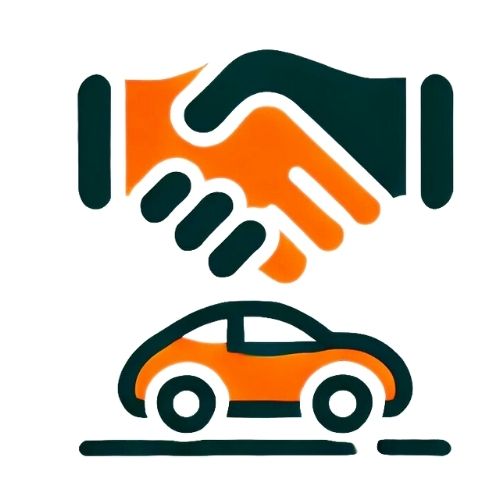
Private Sale
Selling your car privately allows you to interact directly with the buyer, whether they’re an individual or a dealership. Face-to-face negotiations can help you achieve a better price, as you can justify the vehicle’s value if necessary.
Private sales can be quick if you find the right buyer, but it’s crucial to exercise caution regarding security. Be wary of potential buyers who seem only interested in negotiating the price unfairly. Additionally, be mindful of the risks associated with handling finances, as you may be dealing with unknown individuals.
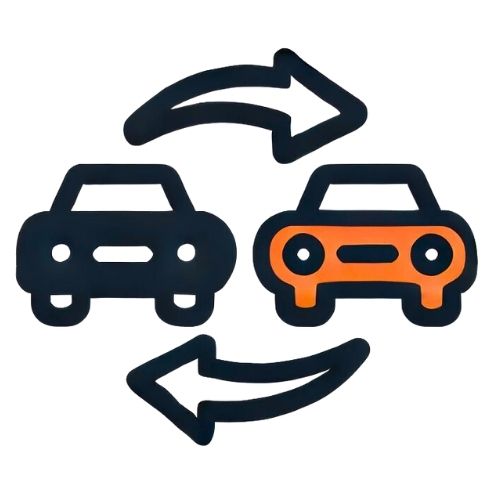
Trade-In
If you plan to buy a new vehicle, considering a trade-in might be worthwhile. While it can be tempting to combine the sale of your current car with the purchase of a new one, treating these transactions separately is advisable. This approach allows for a clearer understanding of the prices for both your old and new vehicles.
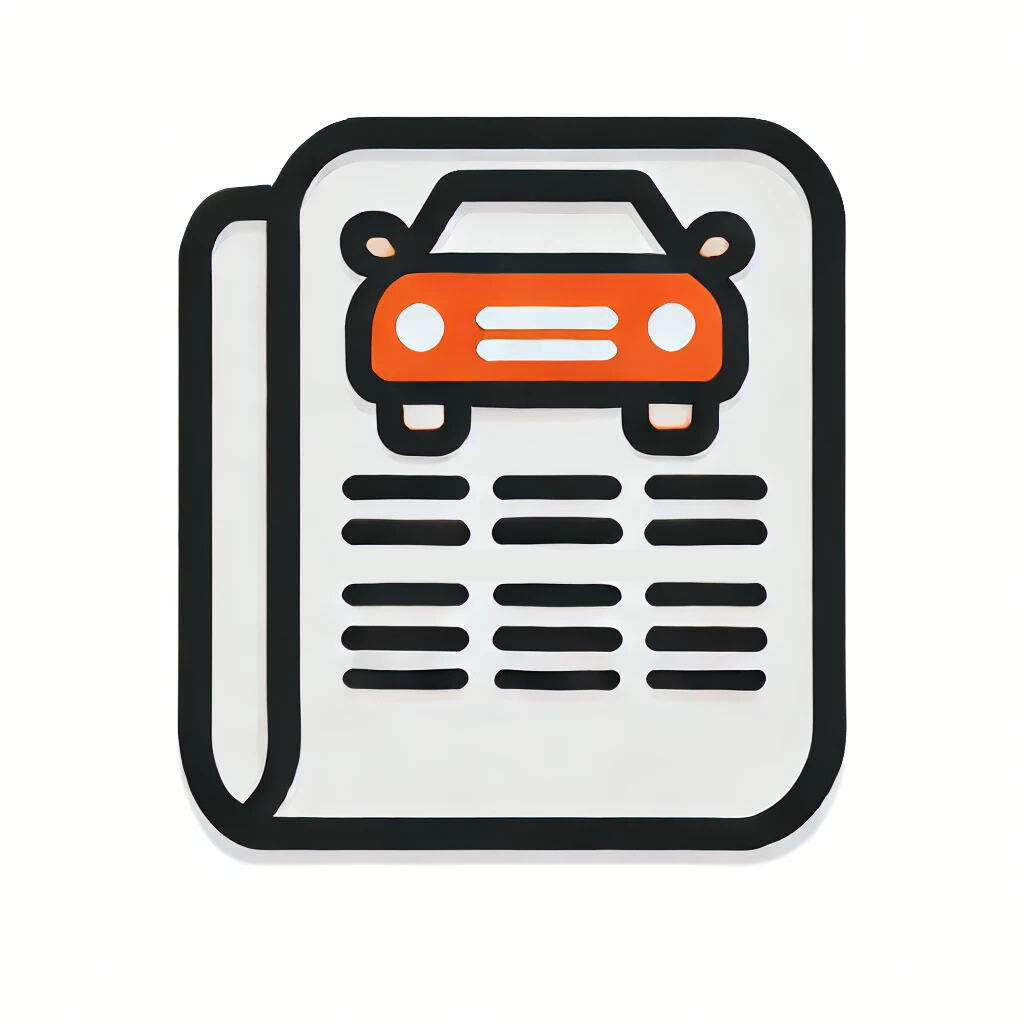
Selling to a Wholesaler
Selling to a wholesaler usually involves advertising your car’s details and expected price through newspapers or online platforms. Used car wholesalers will then reach out to make offers. This method often involves a middleman, so factor in the cost of their services. Selling to a wholesaler is a good option if you need to complete the sale quickly.
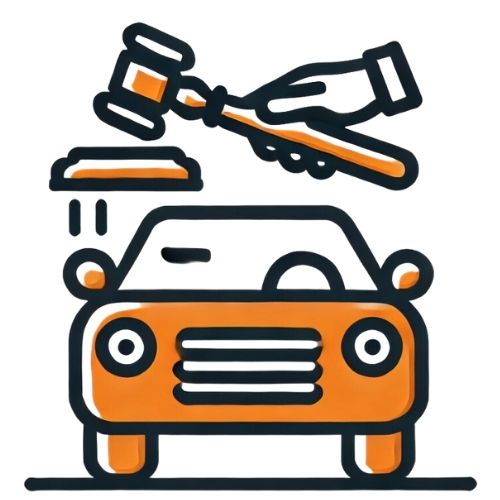
Selling at a Used Car Auction
Before opting for an auction, it’s wise to research different auction companies and read reviews about their reliability. Once you’ve chosen a company, you’ll need to bring your car for inspection at their premises.
Auctions offer a quick and transparent selling process, but there’s no guarantee that you’ll achieve the highest price, as many attendees are experienced dealers looking for bargains. Be aware that the auction house will take a fee ranging from 4% to 10% of the sale price.
The auction company will handle all aspects of the sale, including collecting payment and transferring it to you.

Know Your Car’s Resale Value
Familiarity with the different types of car valuations can help sellers secure better deals. The most commonly used valuations include trade-in, market, and resale values, which are essential in determining a vehicle’s worth.
If you’re planning to sell your car, obtaining an accurate car valuation is a critical step. Conducting thorough research will ensure you receive a fair and trustworthy price for your vehicle.
Car Resale Value
Understanding car resale value can help you avoid financial losses and potential scams. Several factors influence a car’s resale value, including:
- Improvements Made: Any enhancements to the vehicle’s performance can positively impact its value.
- Mileage: The number of kilometres driven is a significant factor in assessing worth.
- Overall Condition: The general state of the car, including wear and tear, affects its resale value.
- Brand and Model Popularity: Some brands and models hold their value better than others.
- Included Features: The range of features in the vehicle can also influence its resale price.
If you’re deciding where to sell your car, the We Buy Cars or Auto Trader: Comparison guide breaks down the sale processes of these platforms. From ease of transactions to pricing transparency, discover which platform best suits your needs.
Car Market Value
The market value of your car is vital for determining how much money you can expect to receive. This value is not fixed, even for cars of the same model, as various factors influence it. Key aspects include the retail value, mileage displayed on the odometer, and the car’s overall condition.
Factors that affect the market value of a car include:
- Mileage: Lower mileage generally results in a higher market value.
- Condition: A well-maintained vehicle will typically fetch a better price.
- Accident History: Previous accidents can negatively affect market value.
- Service History: A documented service history can enhance buyer confidence.
Car Trade-In Value
If you’re looking to trade your current vehicle for a new one of similar value, understanding trade-in value is essential. Trade-in value refers to the amount a dealer is willing to offer when you exchange your car for a new one.
While trade-in value is closely related to market value, it differs in several ways. Factors that influence trade-in value include:
- Popularity of Make and Model: Popular vehicles often have higher trade-in values.
- Car Age and Condition: Newer and well-maintained cars tend to receive better offers.
- Dealer Inventory: If a dealer already has many similar cars in stock, they may offer less for your vehicle.
Ever wonder why your car’s value plummets the moment you drive it off the lot? Understanding car value depreciation helps you better negotiate and forecast resale opportunities down the road.

Your Rights When Selling Your Car
Before selling your car, it’s essential to understand your rights as a seller. Being well-informed will enable you to negotiate effectively and secure the best deal.
Selling a vehicle can be intimidating, especially for first-time sellers. The paperwork can be complex, advertising may feel overwhelming, and there’s always the risk of scams.
The Seller
Ensure your car is in good working order before selling. Disclose any faults to the buyer, as selling a non-roadworthy vehicle without their knowledge is illegal. If the buyer is aware of the car’s history, the sale can proceed smoothly. Take your time with the process; you have the right to prepare your documents to ensure a fair transaction.
You can decide how to sell your car. If opting for a private sale, consider advertising online or in newspapers and set your own price. Create compelling advertisements to attract buyers and carefully screen interested parties. Prioritise your safety by meeting in secure locations.
Selling to a dealer is convenient but may not yield the best financial return. Other options include trade-ins or auctions.
If you feel unsafe or suspect theft, you can decline a test drive, although this may impact the sale. Remember, there will always be other opportunities to sell.
You also have the right to draft a sale agreement that specifies collection details, with the buyer responsible for any outstanding fines.
Document everything in writing as much as possible. This protects you in case issues arise later, providing clear proof of what was agreed upon.
The Buyer
Under the Consumer Protection Act, buyers have the right to choose between repair, replacement, or a refund if problems arise within six months of purchase. Even if the car is functioning well initially, the seller must assist with any issues during this period.
For example, if the engine fails a week after purchase, the buyer can request a full refund since the purchase falls within the six-month window.
Discover the best way to finance a car and unlock smarter borrowing strategies, ensuring you get behind the wheel without breaking your budget.
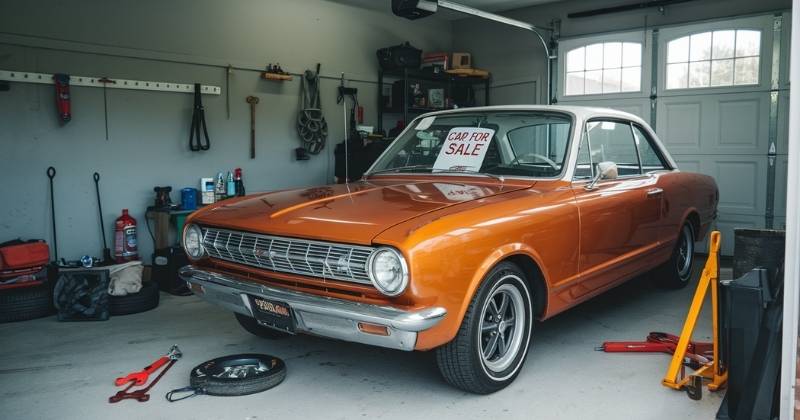
Documents You Need to Sell Your Car
- Proof of Identity: You are required to provide proof of identity, which can be a valid South African ID, passport, or driving license. This ensures that you are the legitimate owner of the vehicle.
- Proof of Address: Some buyers may ask for proof of your current address, such as a recent utility bill or bank statement, to verify your residency.
- Vehicle Registration Certificate (RC1): This document serves as proof of ownership and includes essential details such as the make, model, year, and Vehicle Identification Number (VIN).
- Service History: While not compulsory, having a comprehensive service history can enhance your car’s value and instill confidence in potential buyers. It demonstrates that the vehicle has been consistently maintained over the years.
- Finance Settlement Letter: If there is any outstanding finance on the vehicle, you will need a clearance certificate from the financing institution confirming that the debt has been settled. This guarantees that the buyer will not take on any existing financial obligations.
- Notification of Change of Ownership: A Notification of Change of Ownership (NCO) is necessary to transfer the ownership rights of your car. This document can be obtained from your local traffic department. Both you and the buyer must sign copies of the NCO form, with one copy sent to the Department of Transport. Note that this does not apply to vehicle trade-ins.
- Roadworthy Certificate: In South Africa, obtaining a roadworthy certificate is mandatory when selling a vehicle. This document confirms that the car meets safety standards for road use, following a comprehensive inspection at an accredited testing station.
- Sales Agreement: Although a written sales agreement is not a legal requirement, it can help prevent misunderstandings. It should outline the terms of the sale, including the sale price, payment method, and any warranties or guarantees. This is especially useful when selling or buying a car privately.
If you’re stuck with high interest rates, it might be time for a change. Refinance your car and discover how you can reduce monthly payments while keeping your vehicle.
What Happens If the Sale Doesn’t Go as Planned
Every day in South Africa, thousands of vehicles change hands. However, there are no guarantees that transactions will unfold as expected, particularly in private sales. Remain calm. Familiarity with the Consumer Protection Act will benefit you in the future. By keeping thorough records of your dealings, any hiccup in the process shouldn’t be too distressing.
In cases of theft or fraud, gather all relevant documents and report the incident to the police. If the other party fails to uphold their end of the agreement, having a signed contract will provide you with the leverage needed to claim what is rightfully yours.
Conclusion
Successfully selling your car in South Africa involves careful preparation and a solid understanding of your options, rights, and responsibilities. To navigate the process effectively, ensure you have all necessary documents ready and stay informed about the different selling methods available. Whether you choose to pursue a private sale, trade-in, or auction, maintaining clear communication and thorough documentation is vital to safeguarding your interests and ensuring a smooth transaction. With the right strategy, you can achieve a sale that meets your expectations.
Frequently Asked Questions
To sell your car, you’ll need to provide documents such as proof of identity, proof of address, the vehicle registration certificate, a valid roadworthy certificate, and the notification of change of ownership (NCO) form. Having the car’s service history and, if relevant, a finance settlement letter can also help make the process smoother.
To assess your car’s value, research its market, trade-in, and resale values. Consider factors such as the vehicle’s age, condition, mileage, and brand popularity. Online valuation tools and local dealerships can also provide insights into the selling prices of similar cars in your area.
Selling your car privately carries certain risks, including potential scams, safety concerns during meetings with buyers, and payment-related issues. It is essential to meet in secure locations, conduct thorough screenings of interested buyers, and document the transaction to protect yourself legally.
If complications arise, such as theft, fraud, or disputes over the sale, gather all relevant documentation and report the incident to the police. If the buyer fails to meet their obligations, having a signed agreement will assist you in claiming what you are owed. Familiarising yourself with the Consumer Protection Act can also be beneficial in resolving disputes.
While a written sales agreement is not legally required, it is highly advisable. A sales agreement can outline the terms of the transaction, including the sale price and payment method, reducing the chances of misunderstandings and providing legal protection in the event of disputes.
Fast, uncomplicated, and trustworthy loan comparisons
At Arcadia Finance, you can compare loan offers from multiple lenders with no obligation and free of charge. Get a clear overview of your options and choose the best deal for you.
Fill out our form today to easily compare interest rates from 19 banks and find the right loan for you.


